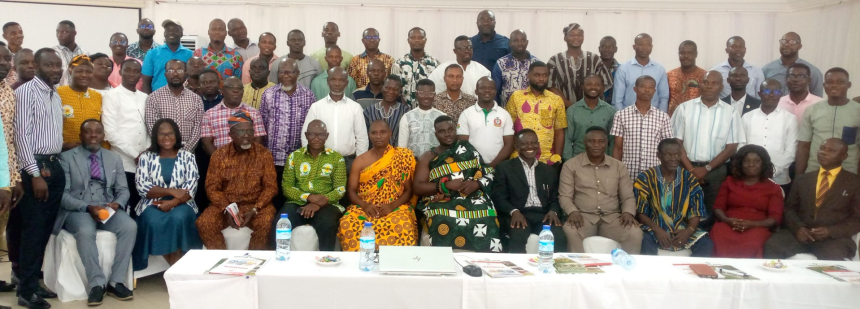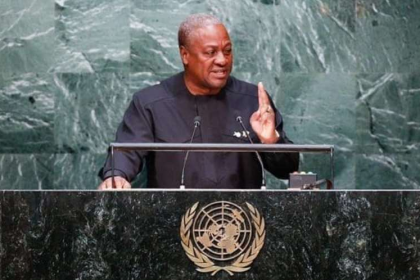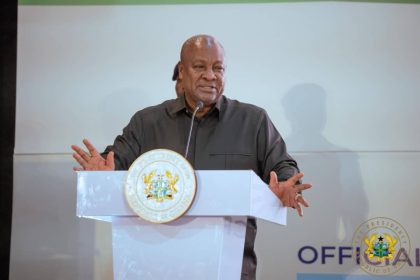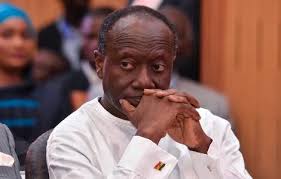The Health Estate Managers Association of Ghana (HESEMAG) has opened its three-day Continuous Professional Development (CPD) programme and 16th annual general meeting in Koforidua designed to strengthen healthcare infrastructure and maintenance systems nationwide.
The CPD programme and the 16th annual general meeting was on the theme: “Resetting Healthcare Delivery System in Ghana, the Role of the Health Estate Professional.”
Speaking on behalf of the Director-General of the Ghana Health Service, Mr. Allen Seth Anku, Deputy Director of Administration, said updating knowledge and skills was essential for estate professionals to keep pace with modern healthcare demands.
“Training participants in efficient and effective Planned Preventive Maintenance (PPM) will enhance access to quality healthcare delivery in Ghana,” he stated.
He explained that government priorities toward Universal Health Coverage include free primary healthcare, infrastructure development, and initiatives such as MahamaCare.
“Expanding health infrastructure requires huge sums of money. It is therefore prudent that managers put in place PPM programmes to ensure such investments do not deteriorate in no time,” he said, describing the CPD programme as “very appropriate and timely.”
Mr. Anku assured estate managers that their concerns about resource constraints and risky working conditions were noted and would be addressed.
Mr. Raymond Abraham Amoh, National President of HESEMAG, said the association, launched in 2001 with few members, now has over 100.
He outlined their duties as land administration, asset management, civil works, and maintenance.
“Behind every successful delivery or surgery in a health facility, there is an estate professional who provided the infrastructure and utilities for clinical professionals to work,” he said.
He appealed for salary adjustments, noting that estate professionals earn among the lowest in the health sector despite their qualifications.
“We also call on government to grant free healthcare access to estate professionals when they need care,” he added.
On land encroachment, Mr. Amoh commended traditional authorities for supporting health infrastructure expansion and urged individuals to desist from encroaching on lands earmarked for health projects, warning that “Such actions retard development.”
Mr. Gerald Asakea, Deputy Director of Estate Management at the Ghana Health Service, expressed concern about inadequate staffing.
“Over 9,000 health facilities are managed by very few estate managers. We appeal to the Director-General to employ additional managers to enhance service delivery,” he said.
The meeting reaffirmed the role of estate professionals in sustaining healthcare infrastructure and called for improved conditions to ensure effective maintenance nationwide.






